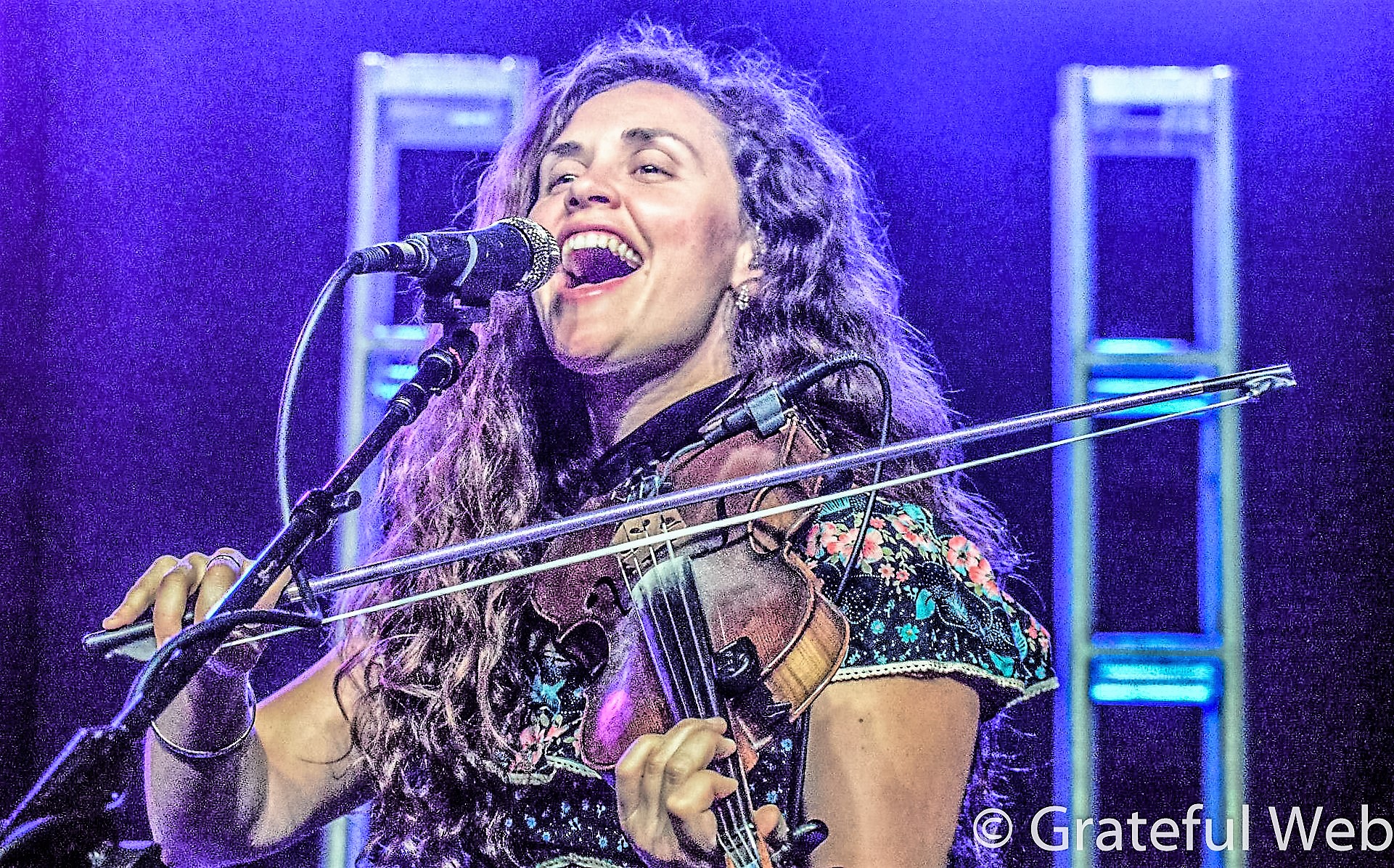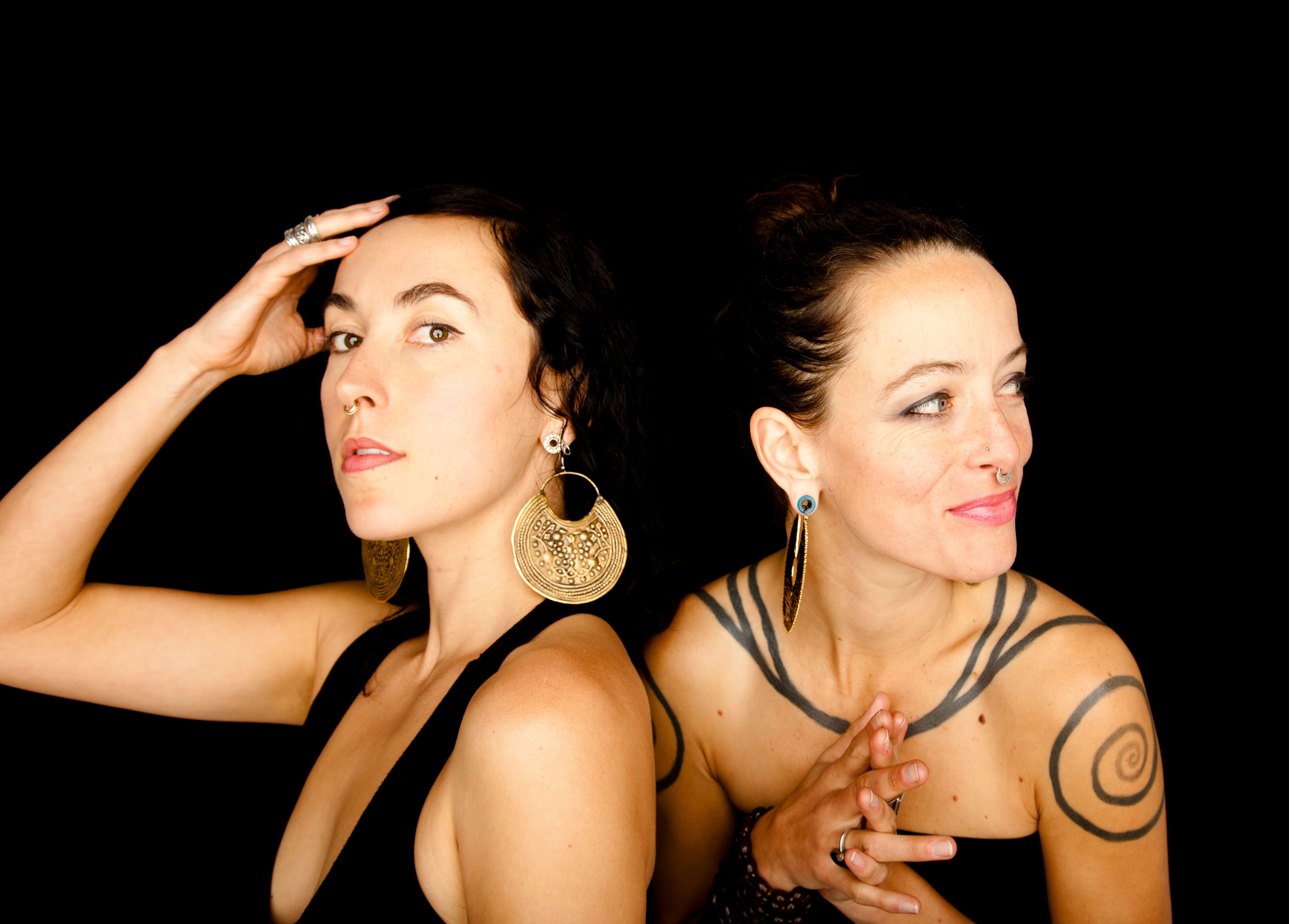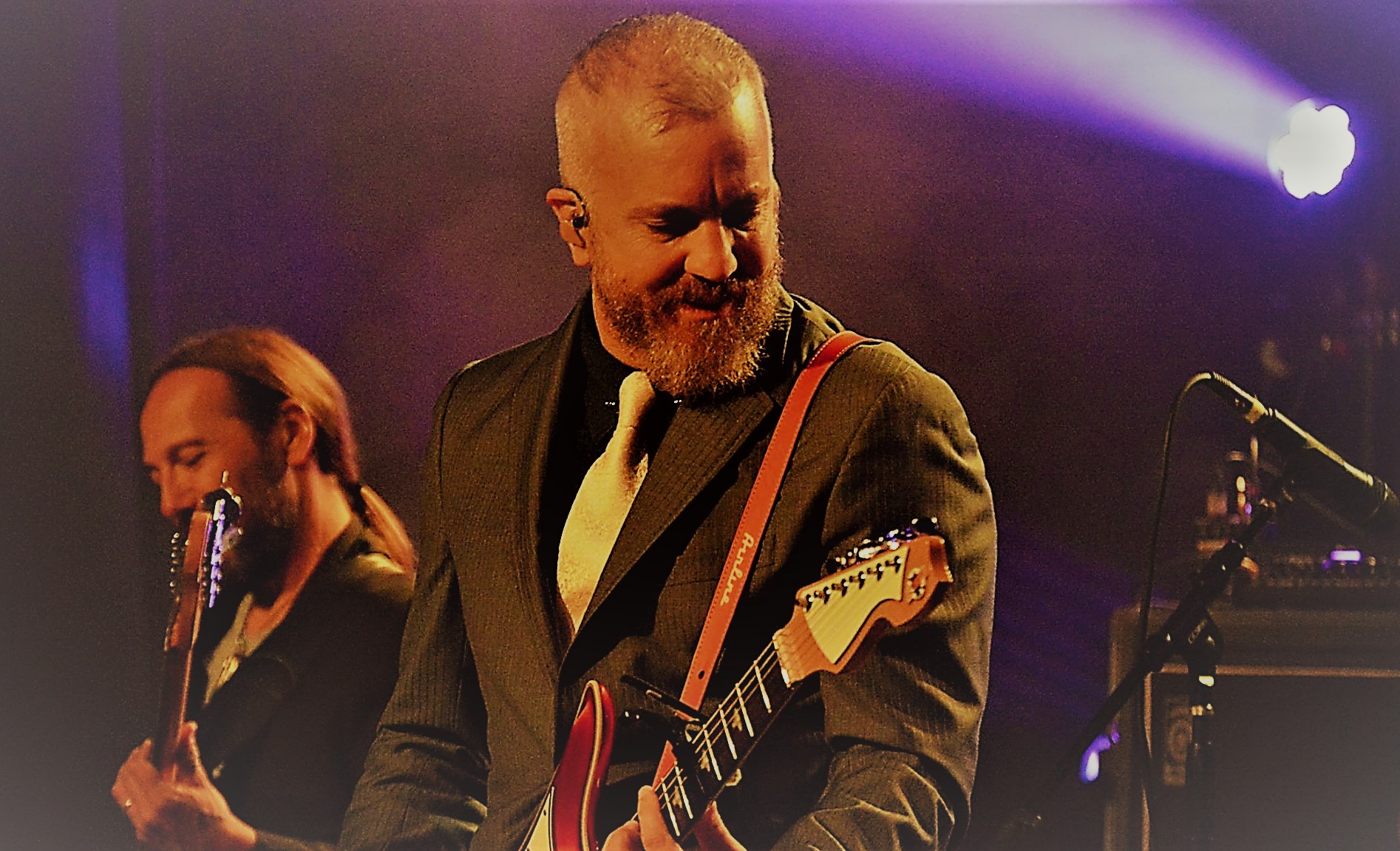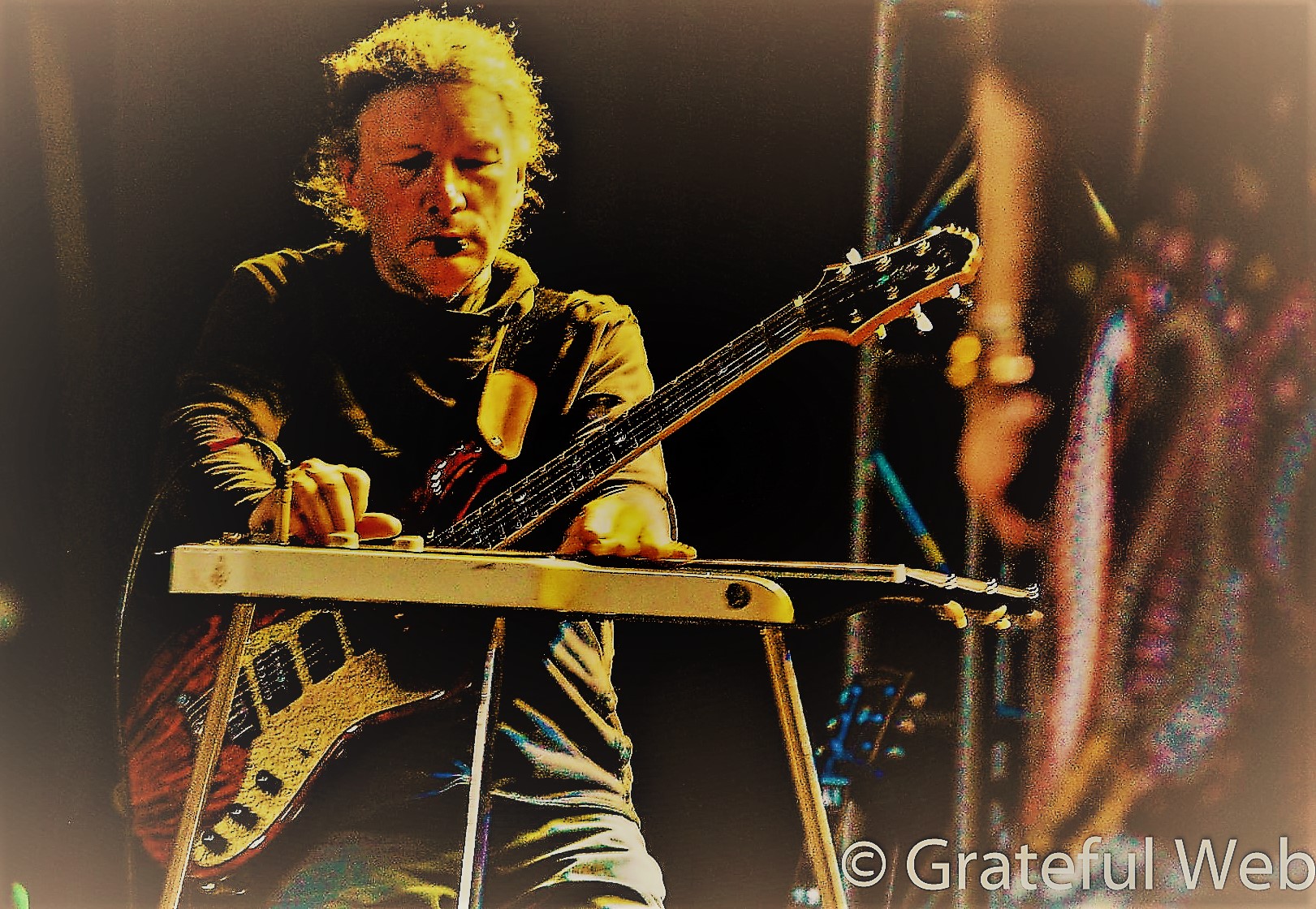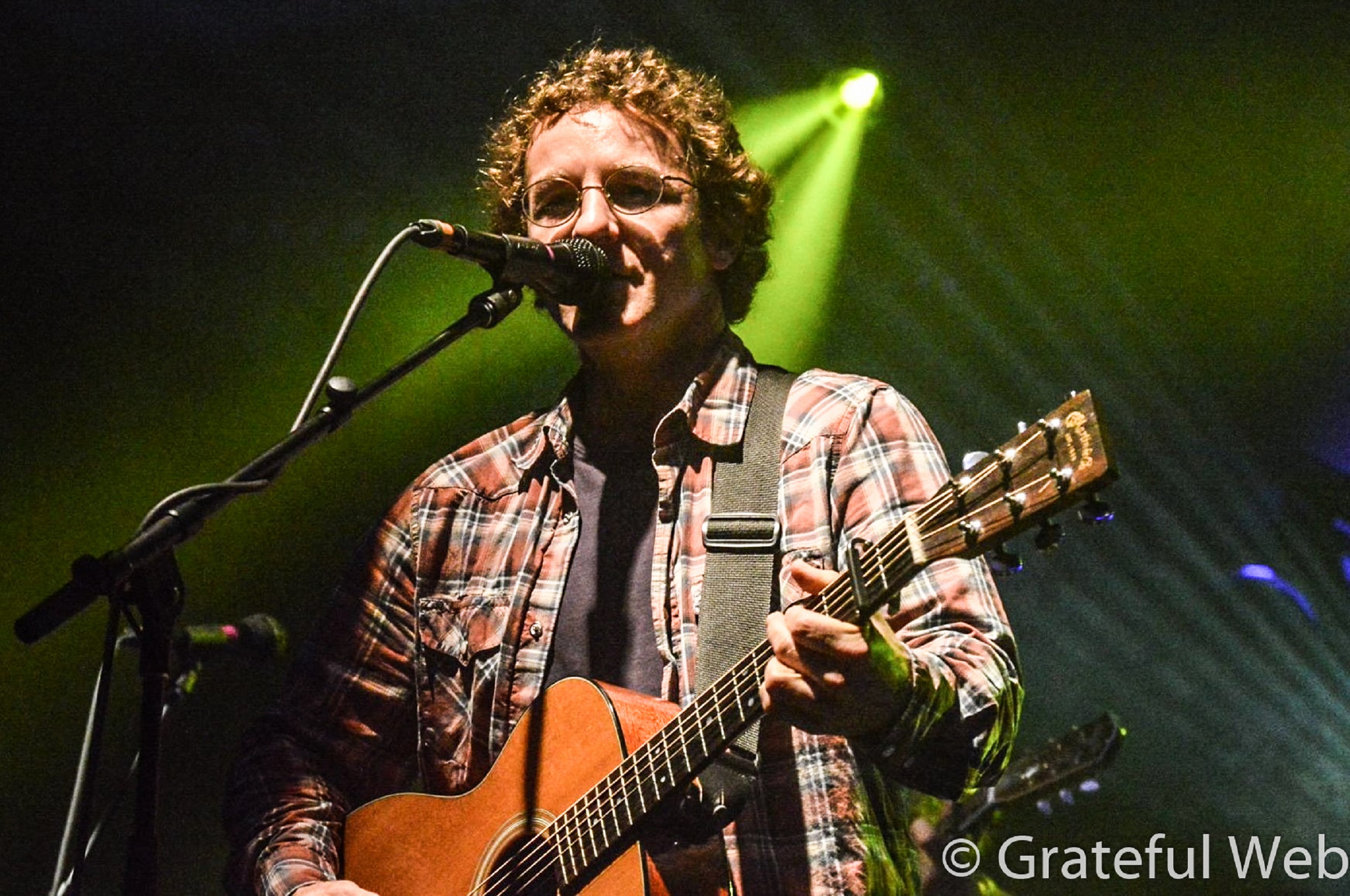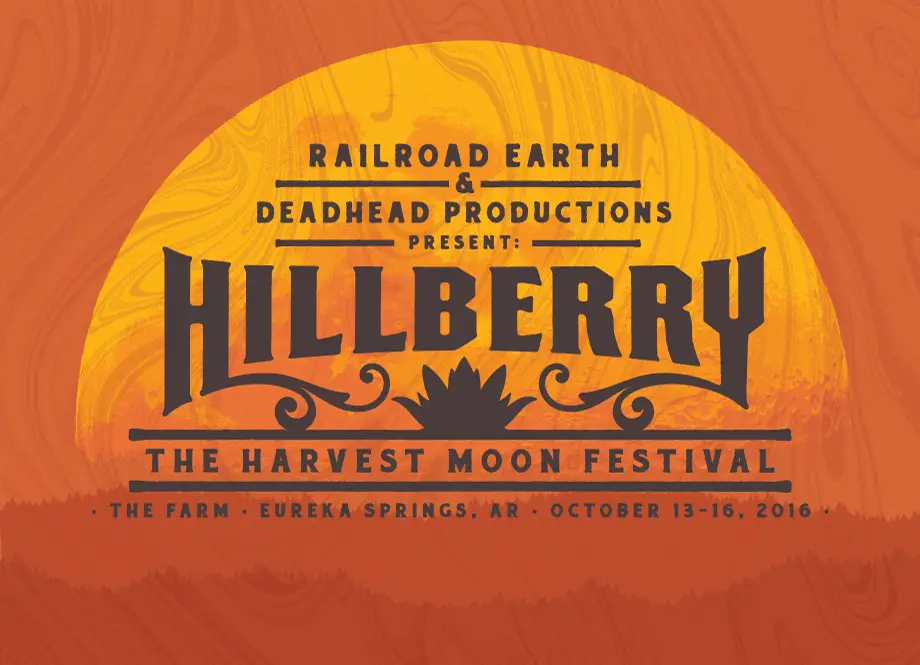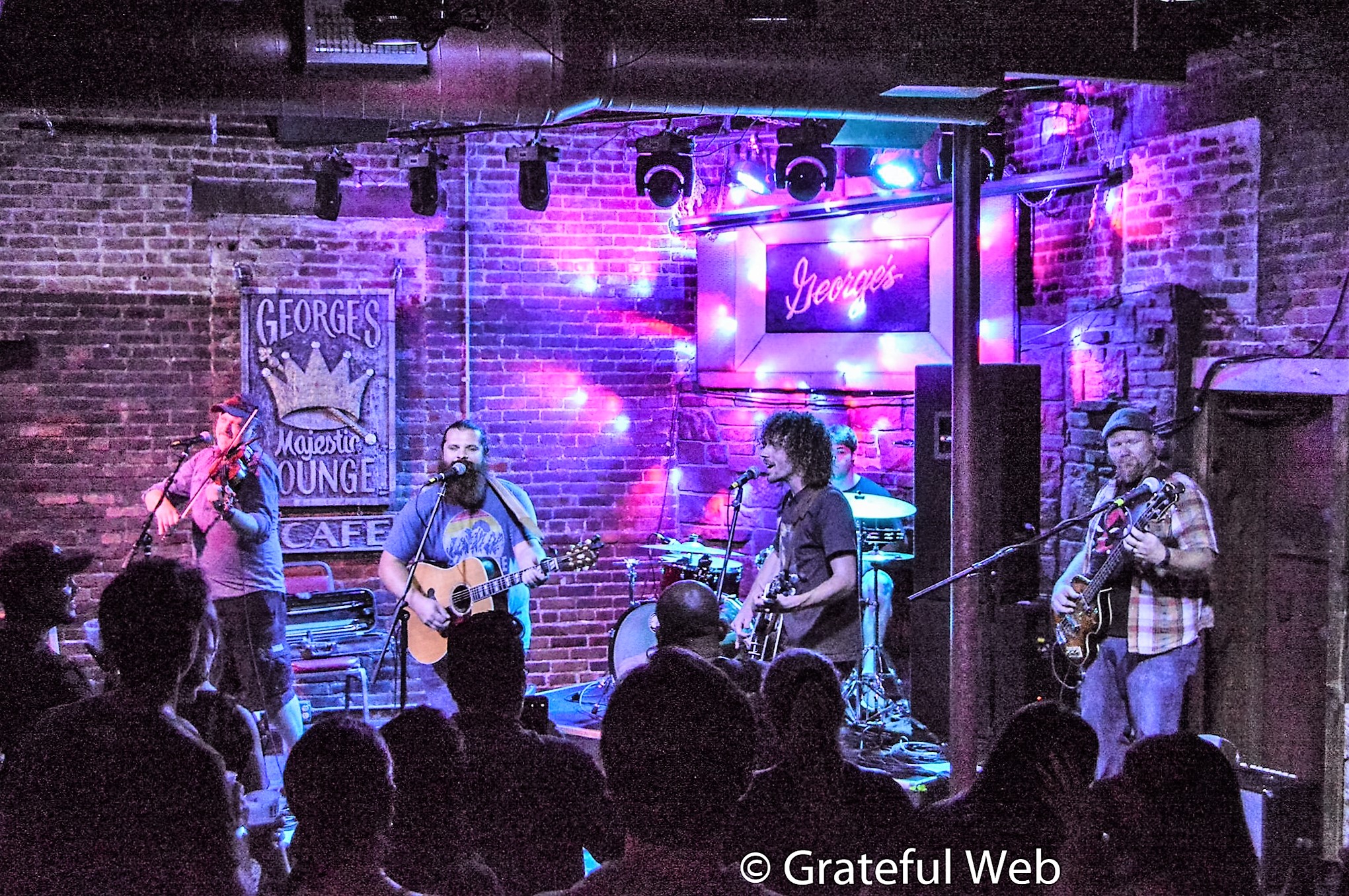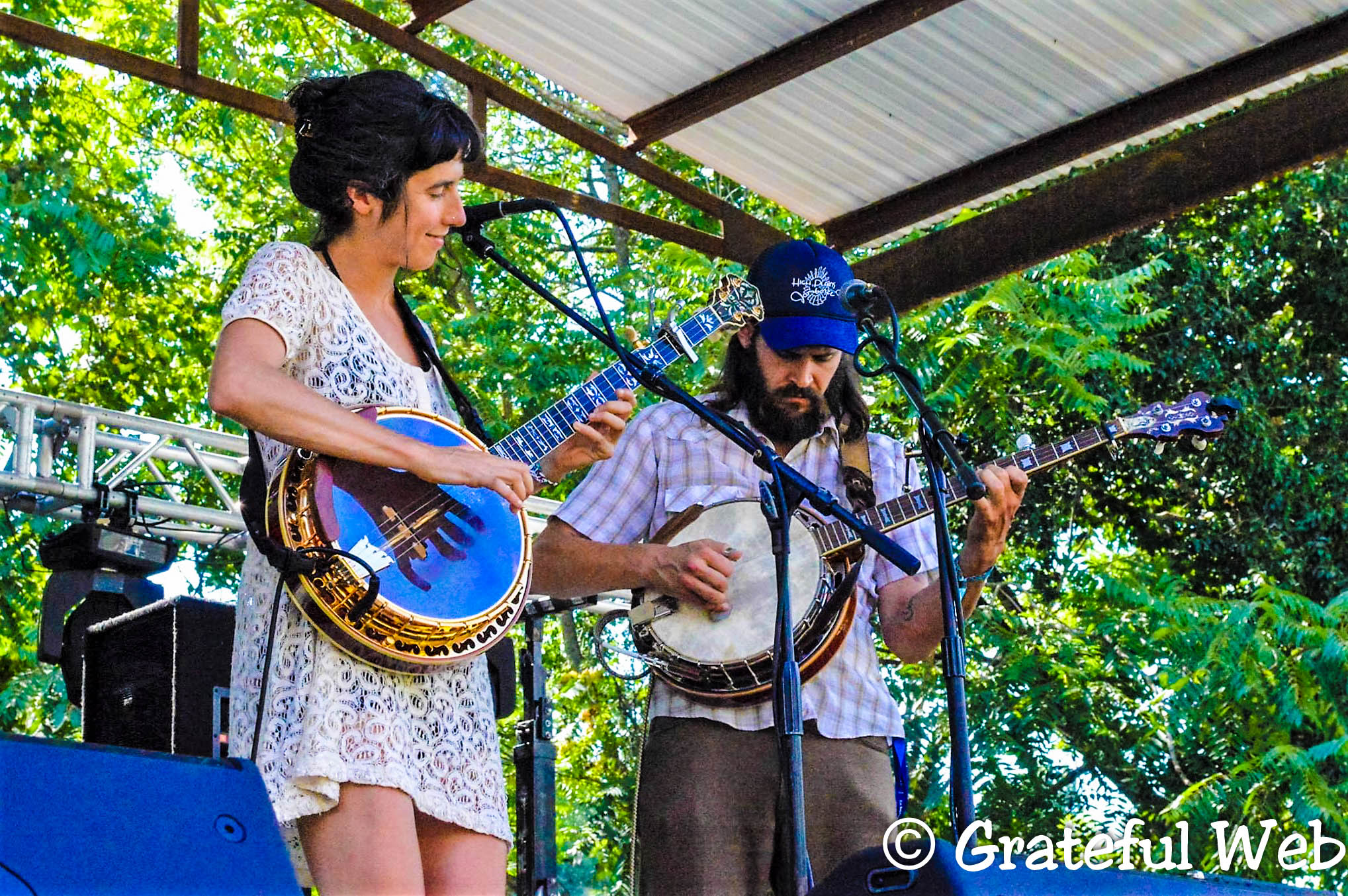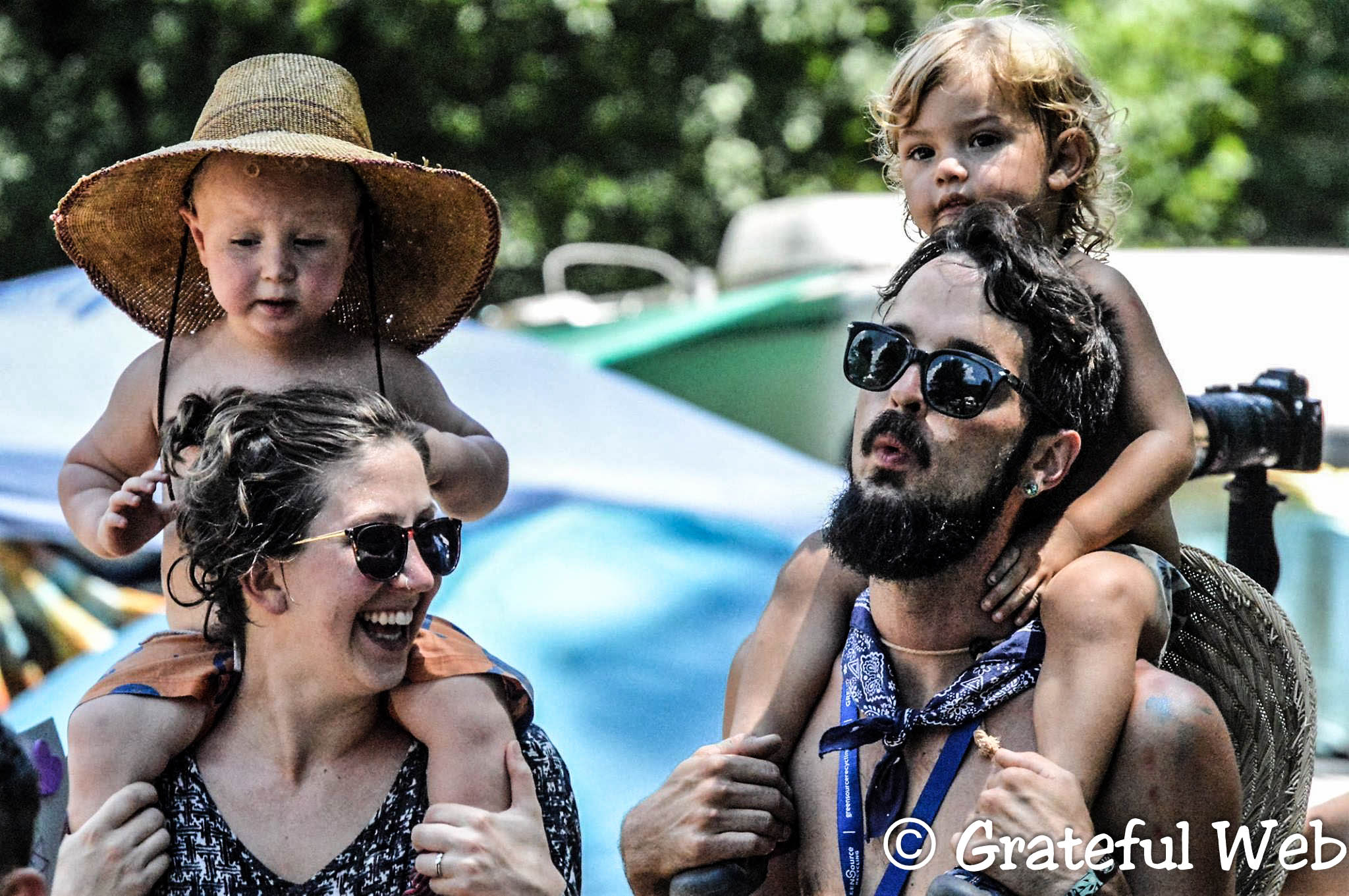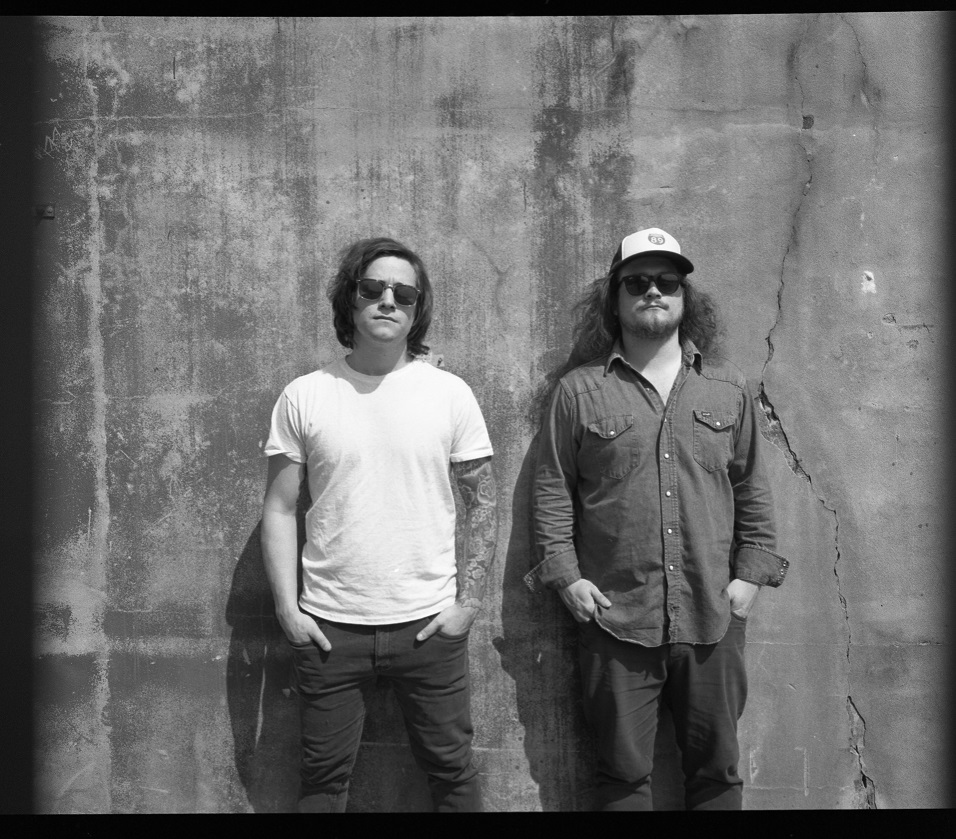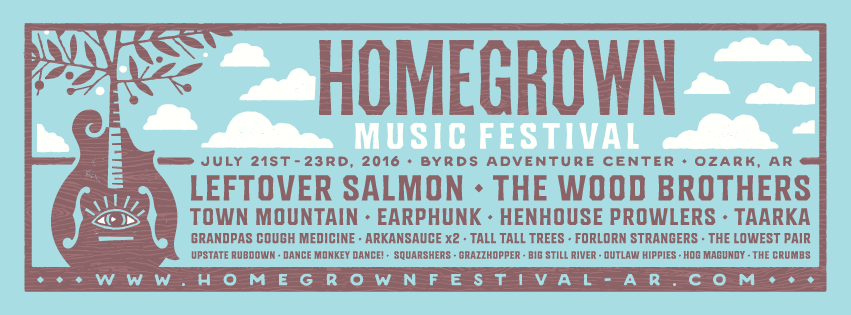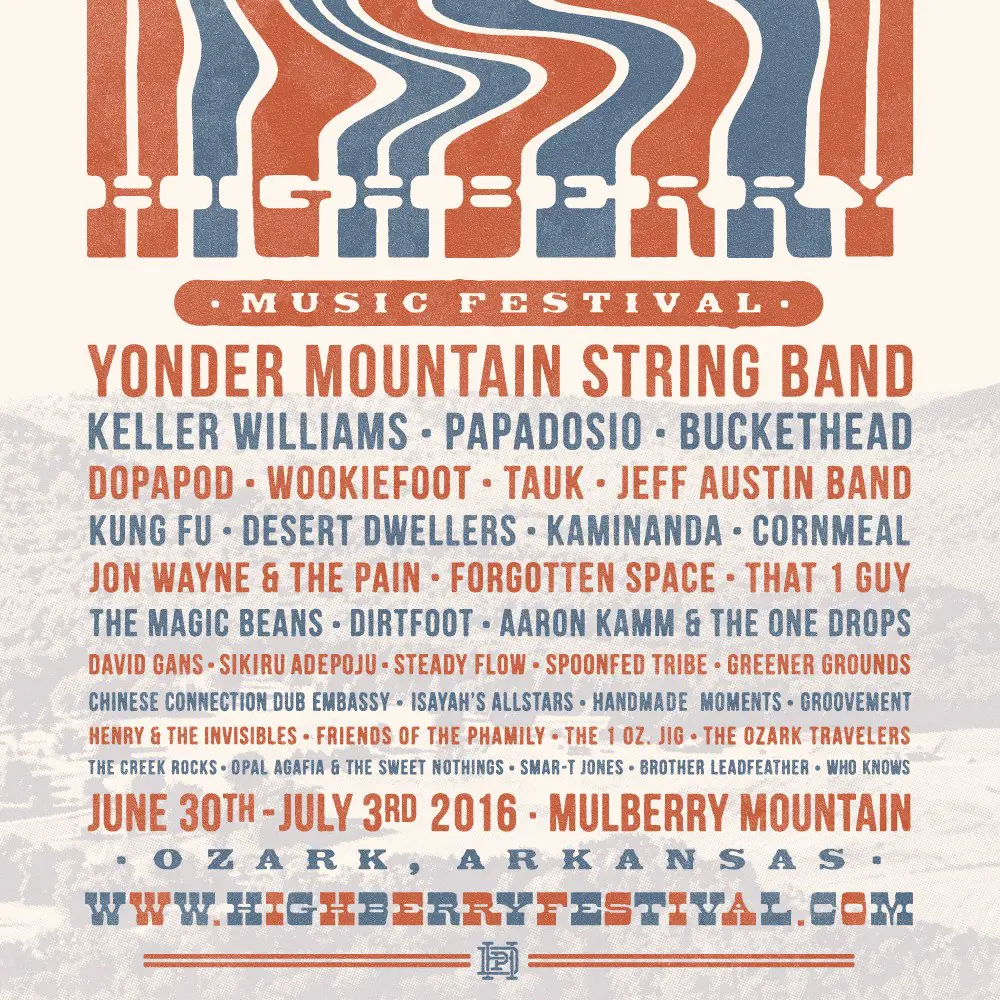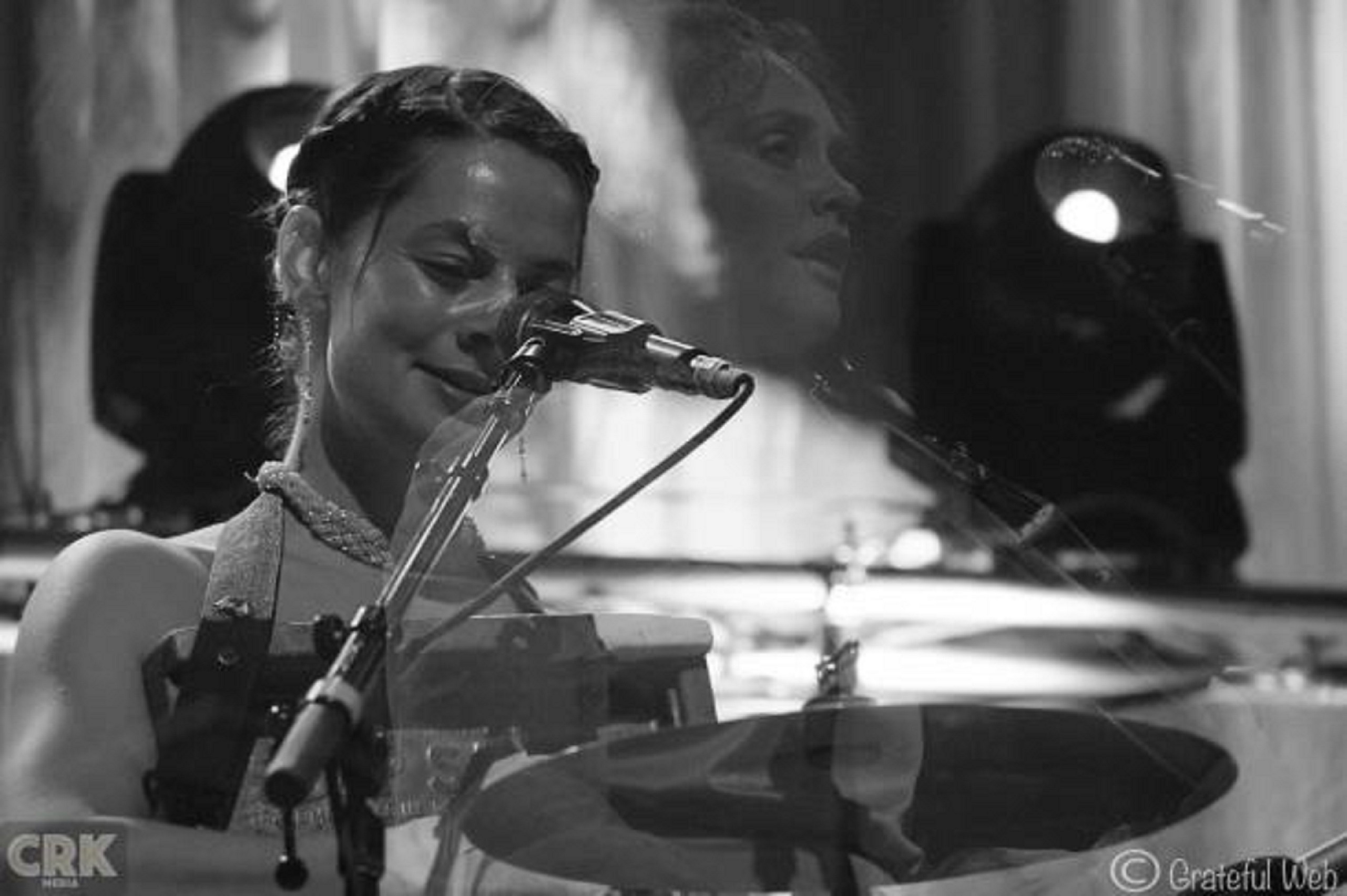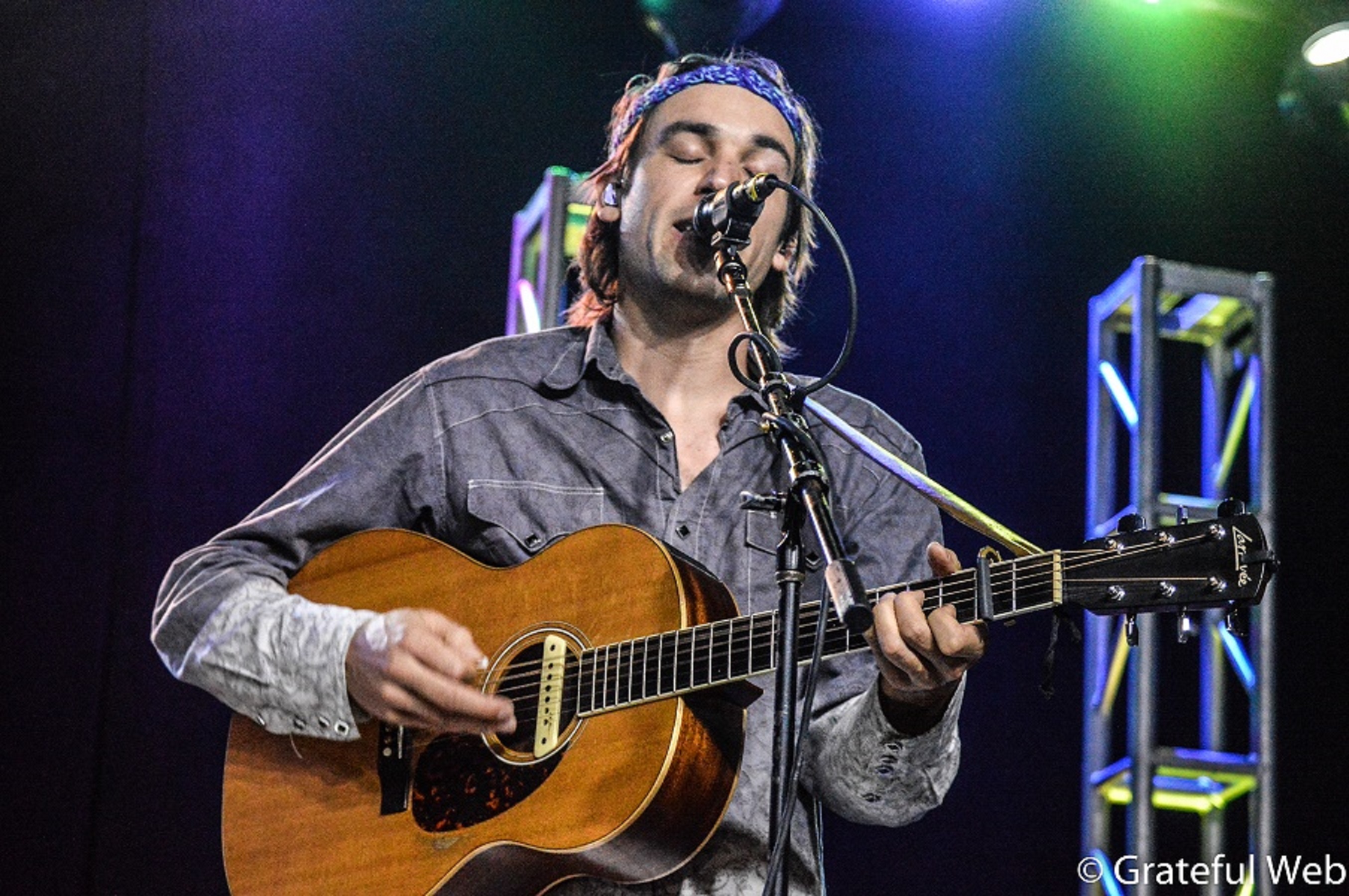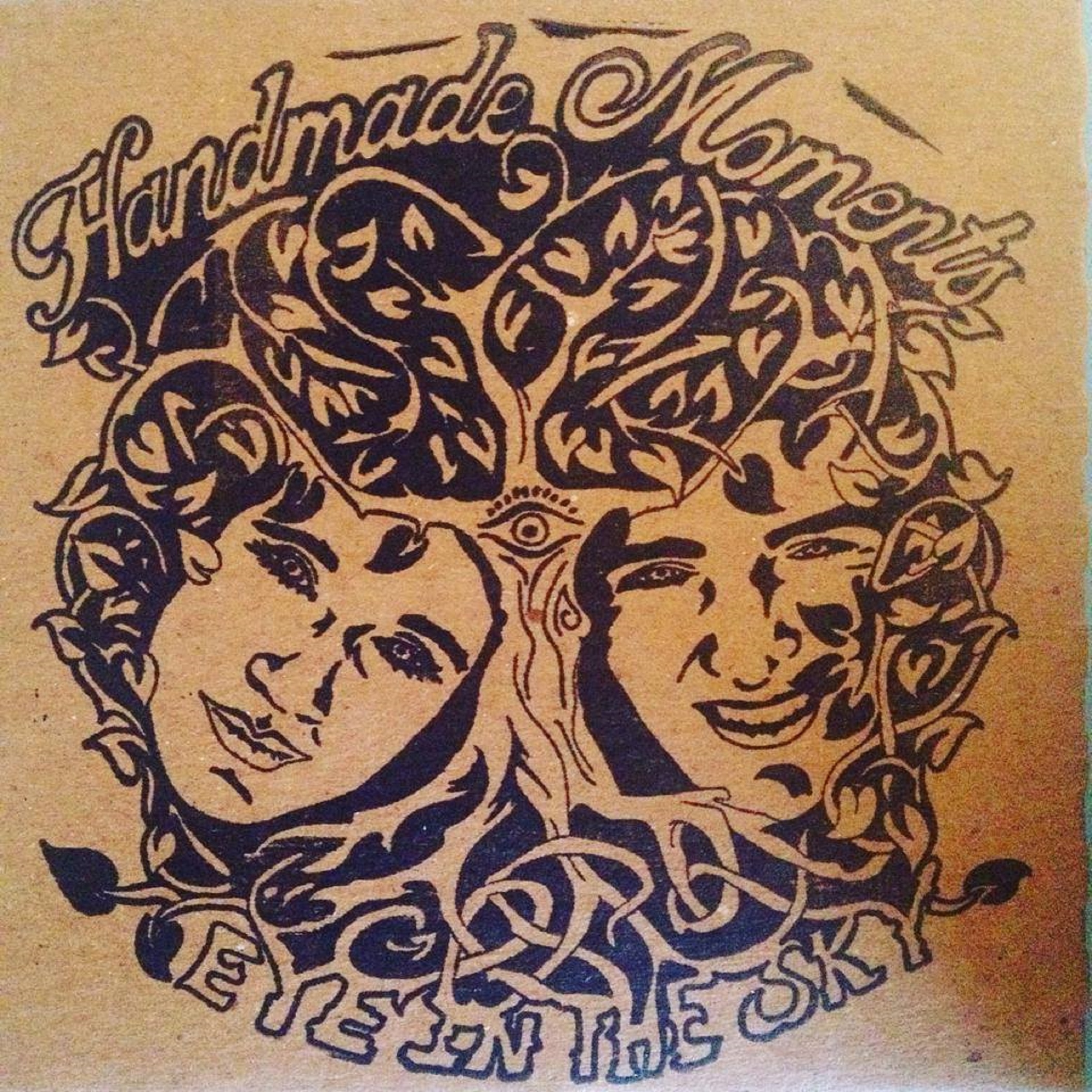On a fine day in September, Grateful Web’s Michelle Miesse sat down with Elephant Revival's Bridget Law to discuss her inspirations, what it feels like to play alongside a symphony and some of the best things she’s learned recently. An inspiration in the folk and fiddle worlds, Law seems naturally drawn to humanitarianism and music.
GW: So where are you today?
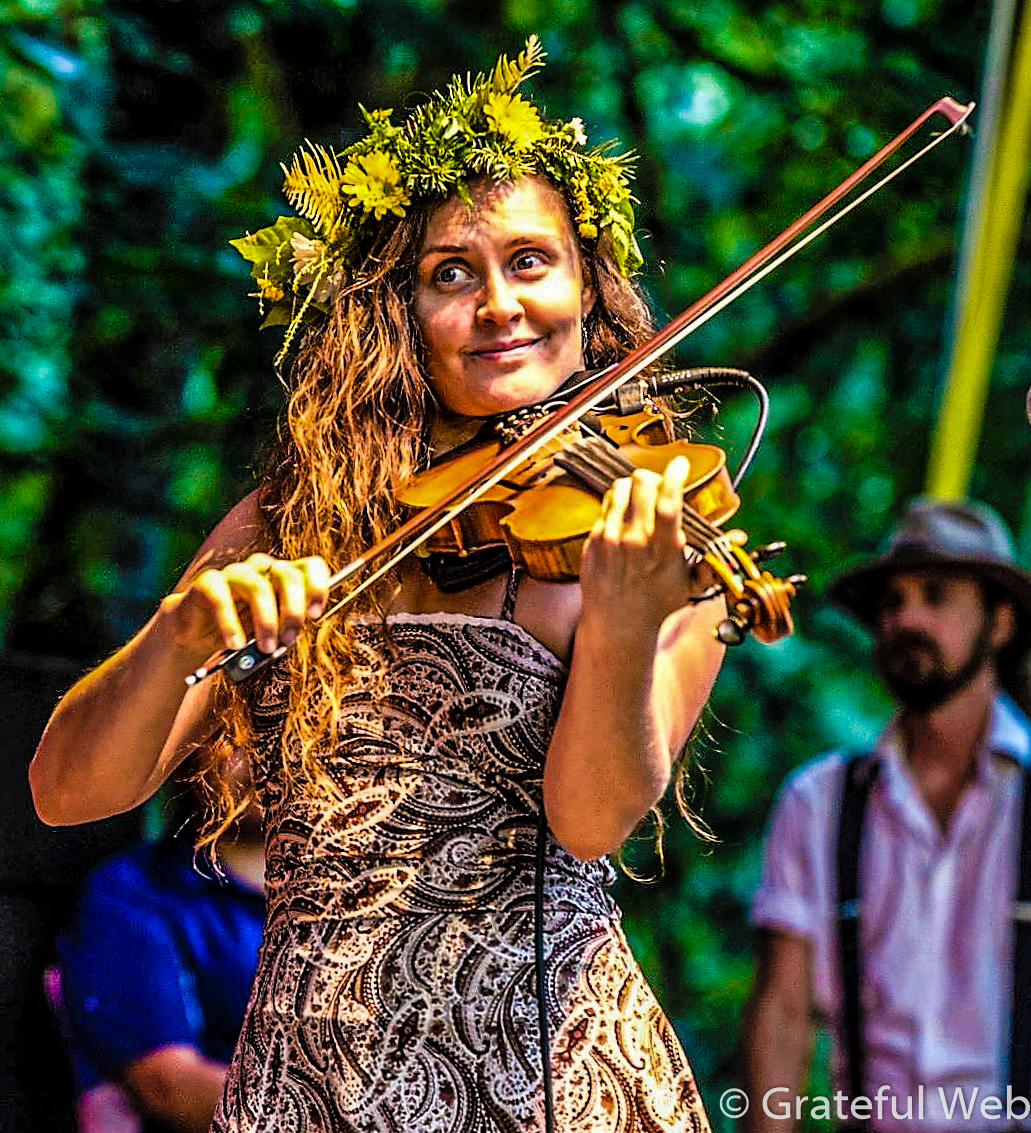
BL: Today I woke up in Indianapolis! I woke up to the bus being parked at the Marriot and just spent my morning in the pool area doing some yoga and starting my day. We’ve been on tour for a week now in the upper Midwest. We played Minneapolis, two shows in Wisconsin – one by Lake Superior, another near Green Bay. Yesterday we were in Ann Arbor, Michigan.
GW: What’s a notable moment that’s happened on this tour so far?
BL: I got a new fiddle!
Some people are familiar with the fact that we had a bus fire in June and I lost two instruments. It’s been pretty rough, but it was a beautiful moment to connect with this violin out of Minneapolis that actually has five strings, which is new for me but really fun. It’s got this amazing pickup in it so it sounds so good when it plug it in. It’s an exciting relief and a beautiful moment; and I think it’s fun for my bandmates too because it’s got another note so we’re exploring a new register with that sound.
I was trying to think of a moment that’s more group inclusive, but instead I’ll just think of my moment and include them!
GW: Do you feel like your instruments choose you rather than you choosing your instruments?
BL: I did with this one. I’d played 10 different violins all from the same guy; I picked this one up and I felt like it told me it was my instrument before I even played it. Then I played it and went through a few different instruments and I came back to it.
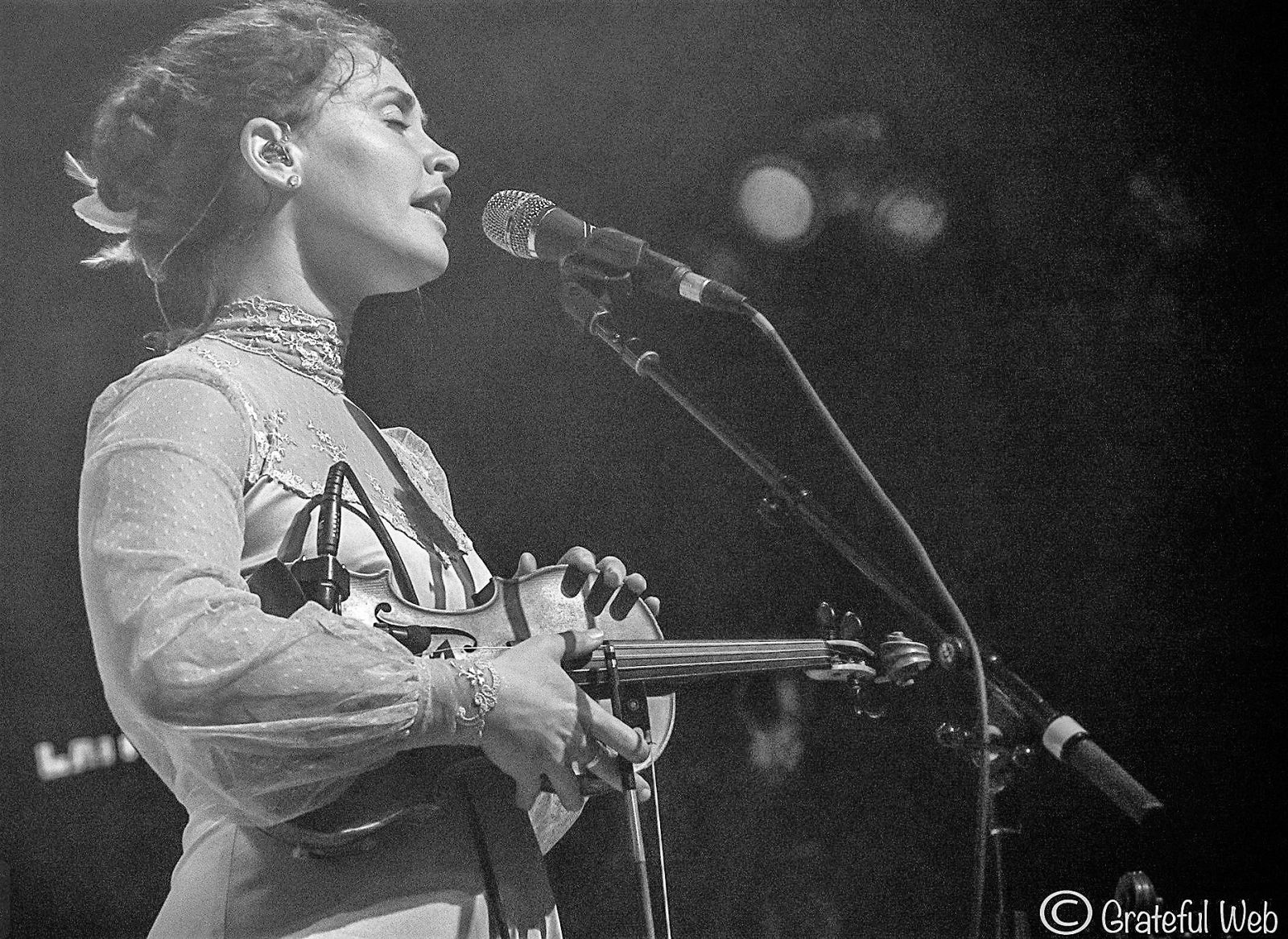
I have that kind of intuitive connection with things. I think we all do – it’s really just listening to it. Material things in this world that are meant to be…you can find that sensation in it. I definitely felt that with this fiddle, which caught me off guard a little bit. You know, all 10 of these fiddles are relatively similar but this one was really it. It’s kind of like I’m falling in love with it. I keep discovering more and more beautiful aspects of it. My discovery of my connection to it and learning how to play it has been really fun.
GW: Do you feel like it’s changed anything about the way you play or the way it feels to play your music?
BL: Yeah, every instrument does. Right before the bus fire I’d just gotten a new violin I’d waited 8 months for. It was a custom-made violin that I’d had three weeks before the fire.
.jpg)
Every instrument changes the way I play. I feel like an instrument has a certain way of wanting to be played. It’s a delicate game of finding the way in which to draw the sound out of the fiddle. You know, you use the bow, and a different bow speed or pressure will change that [sound]; you kind of have to find the sweet spot for each instrument.
A lot of what I do, although our songs are arranged and I have a lot of melodies that I go to, I’m open to improv and just letting the melodies come through me. So dependent upon the violin and where it likes to play or how quick the sound can escape the instrument determines how fast I play or what notes I play. I’m sort of dancing with the instrument and musing its melodies out of it.
.jpg)
I kind of like to believe that nothing is me, but everything is being played through me.
GW: Yeah, you’re kind of a catalyst or channel.
BL: I like that belief because I believe we’re all connected and stewards of the planet; we’re all interconnected vibrational beings. Call me crazy but I’m just into that sensation of the universe playing through me.
GW: Have you over time tried to hone the skill of listening to something or do you feel like that’s a natural ability you were born with that’s pronounced?
BL: I think it’s more like clearing things out of the way and discovering that [intuition]. I spend a lot of time trying to quiet the mind and do some other kind of Buddhist practices like yoga and meditation, for example. Basically whenever you have an intuition and you don’t listen to it, generally later you’re like, “Man, I should have listened to that.” I think I’ve developed it by recognizing those moments.
I think the rest of the practice is just clearing out the extras, the things that make you question yourself or be too analytical. I think there’s definitely times for analytical thought, but when you’re trying to connect if you really want something it’s more of a feeling than a thought.
GW: Do you find in the middle of a performance that you sometimes get analytical?
.jpg)
BL: Yeah, definitely. It’s really easy to get into, like, “I wonder what other people are thinking” when you’re onstage. Someone yells something in the crowd and you start thinking about that. But the practice of letting all that go and just being in the moment of the music is what I live for in the music – just being in that moment, that instance of connection where the whole room is connected through this listening experience and my band-mates are connected through playing the music. So that’s what I’m looking for…to kind of ride that wave – and thoughts, self-criticisms and other thoughts get in the way of enjoying music.
.jpg)
That’s why I do what I do, why I’m here traveling away from home and my lover and my life, going to different cities everyday on a bus full of people every day – it’s because I live for that moment. I believe there’s something really beautiful and healing in that moment, when everybody in the room experiences [music together]. I think there’s something about that that carries a greater message about the experience of life. To do that in rooms and crowds full of people is really the best thing I could be doing with my living, breathing body in my life right now. Allowing that analytical mind to get in the way of that experience is kind of taking away from my greater purpose…so I usually try to shut it up really quick!
GW: Can you describe what it feels like to play music with a symphony that isn’t usually backed up by one?
BL: It becomes more like a dream to me. These are songs that I know very well – I know all the delicate details and how they exist as I’ve played them hundreds of thousands of times. When you add the symphony it takes this big breath into sonic space – almost like a dream does when you dream of something you experience normally but there’s all these extra things going on that don’t even really make sense. The music just kind of expands into this whole other realm where everything’s dancing around. It’s really beautiful. It’s something very special to me.
Playing with the symphony is not only a dream for me (because it is a dream for me). But also it feels like a dreamscape.
GW: It’s really interesting how those environmental changes can affect the way you perceive a performance or an art piece.
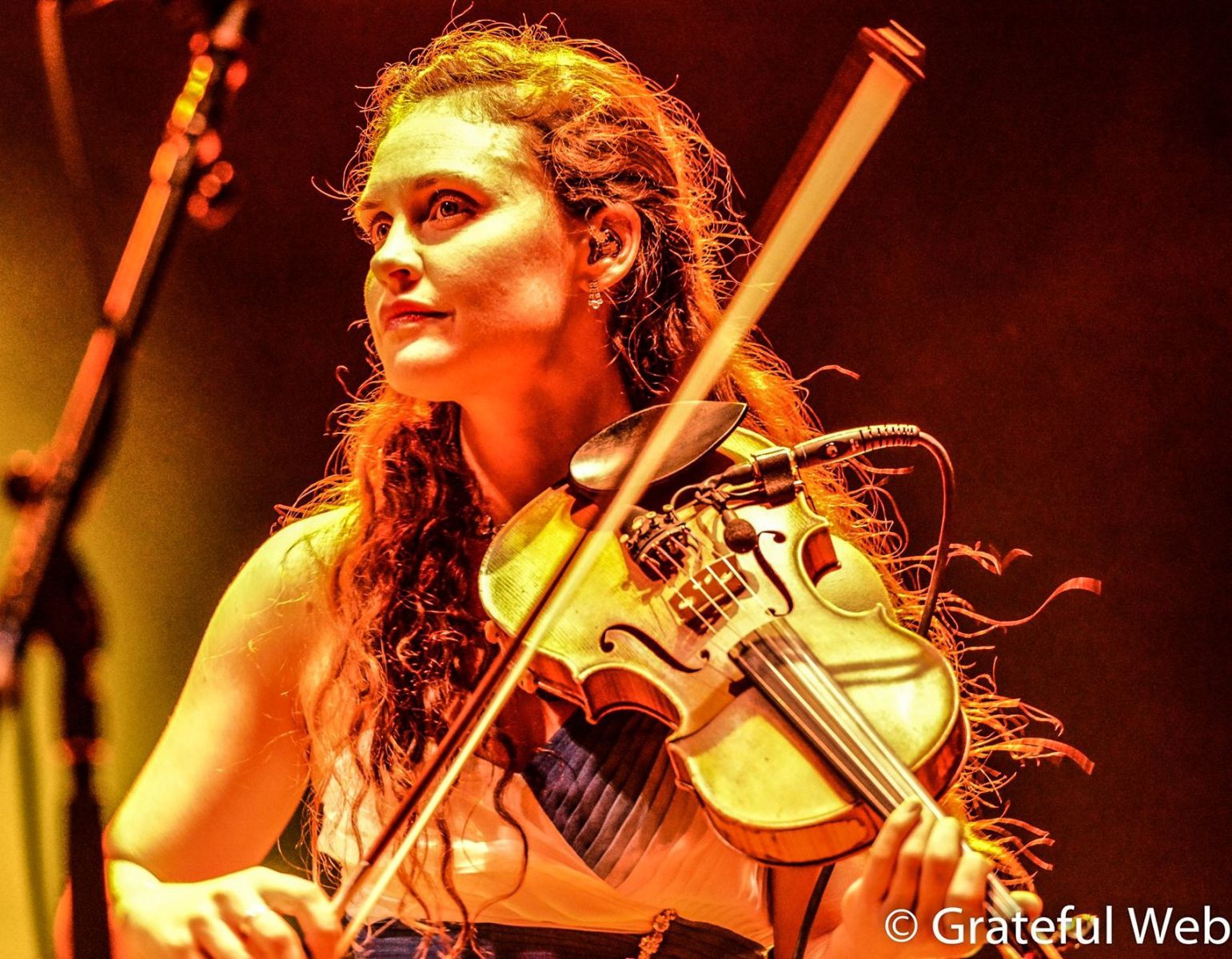
BL: It’s really spectacular that this is happening at this time in the world. You know, classical music is centuries old. Classical music and folk music used to be two entirely different worlds. Classical music was the sophisticated thing that kings and queens listened to; the composers were some of the most regarded and famous people living at the time. The folk musicians were just in the woods tinkering around and having fun – it was more freeing.
What’s happening now, in this century, is those two musical art forms are coming together to collaborate. That hasn’t been happening very long in the grand scheme of music and time. It’s really fascinating. I am so humbled by the concept that we are a part of that collaboration.
(1).jpg)
As a violinist when I was a teenager, I had to make a choice in some ways between the classical music and folk music worlds. I could have chosen to study classical music and play in orchestras and I just didn’t feel drawn to it because I was playing fiddle music with bands and such. But I love both worlds so much – for them to come together and collaborate is really exciting.
GW: I think that is a really interesting observation I hadn’t thought of before. What are some other collaborations between different forms of art or styles that you’re interested in?
BL: Well, obviously I’m really into dance and acrobatics in combination with music. In our bigger shows we tend to incorporate members of Fractal Tribe where they do performance art in conjunction with the music. It just expands the expression into a more physical and visual thing.
Do you mean outside of music or…?
GW: I asked that question because last time I interviewed Bonnie she told me about the Art of All Forms [festival Elephant Revival is conceptualizing]. I find that a really great concept because you really can think of anything as an art form and when you combine more than one form together it creates an entirely new dimension – it’s like we’re discovering an entirely new part of our universe.
So what’s something you’d like to see at the Art of All Forms?
BL: I love the idea of expanding it even more into healing arts and culinary arts. Yesterday I ate this food at this homemade Indian food restaurant. When you’re tasting food that is literally spices ground up – you know, like whole seeds ground up – I love that whole sensory experience beyond the taste of it, after you feel how you eat it. That’s something I’m really fascinated by and seek out in life. I don’t really partake in intoxicants of any kind so the way I enjoy the being alive and what my body can experience is through herbs: what happens in your adrenal glands and your system when you eat those plants. I think it would be cool to feature herbal medicine and healing arts.
I’m very fascinated by different forms of body work. I’ve explored a lot of variations of healing arts and am really fascinated by people trying new things there. I’ve had a lot of luck with some really ingenious people. Playing the fiddle is really hard on your body.
…you know what else I love, love, love right now is permaculture. The concept that with a plot of land you can heal the planet versus destroy it. Almost everything we do from when we wake up in the morning to live our life and the way society is, we’re destroying the planet. But there are things you can actually do to coexist in a more natural environment so it can actually heal, produce and be in its most natural state...which is often giving and providing to us.
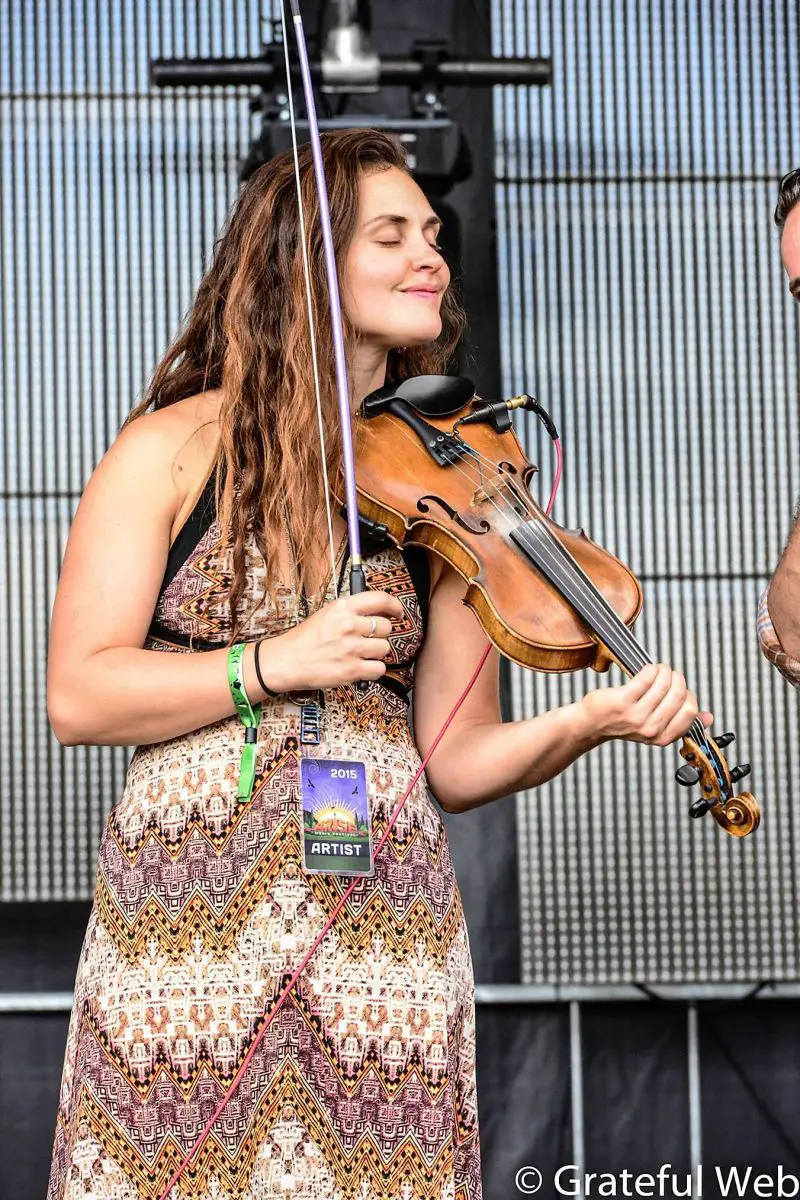
GW: I agree with the cooking thing. I really think it’s an artistic experience and another way to understand yourself.
What’s something you’ve learned recently?
BL: Well, the permaculture thing was pretty amazing. Just the idea that you can heal the planet…to actually experience that and be in that environment was super impactful to me.
I learned about this plant where you eat this flower and it makes your mouth numb for about five minutes, so that was fun!
I’ve been learning this classical music piece I’m turning into a song I can perform with the other band I play with (the Tierro Band), which is basically the house band for ARISE Festival. I took the piece and went through the score and turned it into a chart the guitar players can read. So I’m turning this piece into a rock song. It’s called ’Danse Macabre’ – it’s a thematic piece where the fiddle player goes out and wakes the dead in the graveyard. We’re performing it October 29 at Sunrise Ranch and November 5 at The Caribou Room in Nederland.
Going back and learning classical music again and pushing myself to read a six-page piece of music, and forcing myself to play things outside of my comfort zone has been neat. It also goes back to that moment where I had to choose between classical music and folk music. So that’s something I’ve learned.
I think the permaculture thing is really amazing because……oh! I remember what I learned! This is so random. *laughs* So, this woman was able to potty train her baby without diapers.
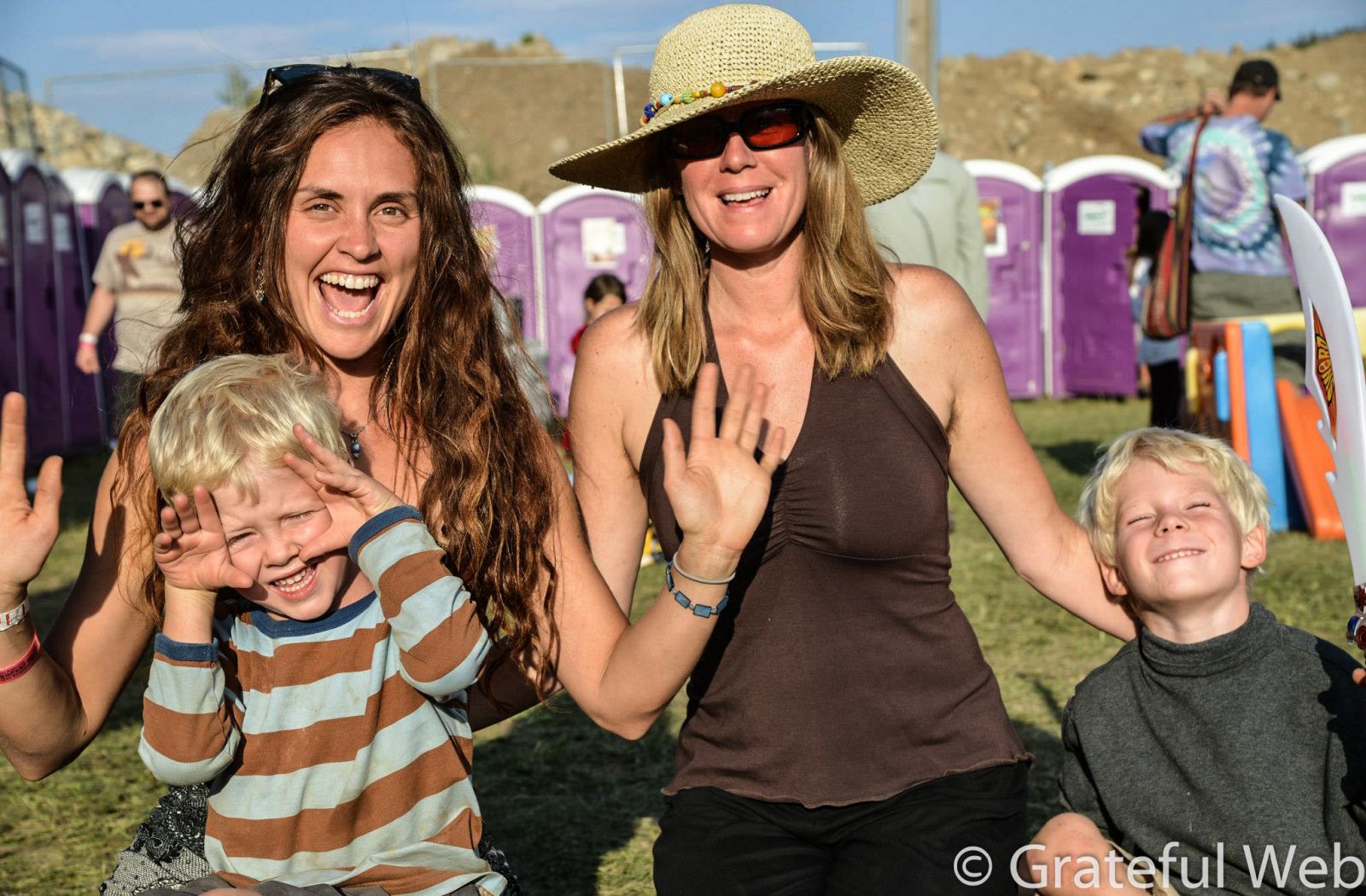
She would hold the baby kind of by the thighs so it was in a seated position in front of her and she would sing a note or whistle a sound, and the baby would eventually learn that was the cue to relax and go to the bathroom. You can tell when they need to go to the bathroom because they get kind of fussy. So she would take her and help her to the bathroom. She has this baby that is diaper free, which is so amazing! It was really something; it blew my mind. I think the baby was far healthier and she was more comfortable. Her legs could come together she held her and she was able to hold onto the body more. It was amazing.






